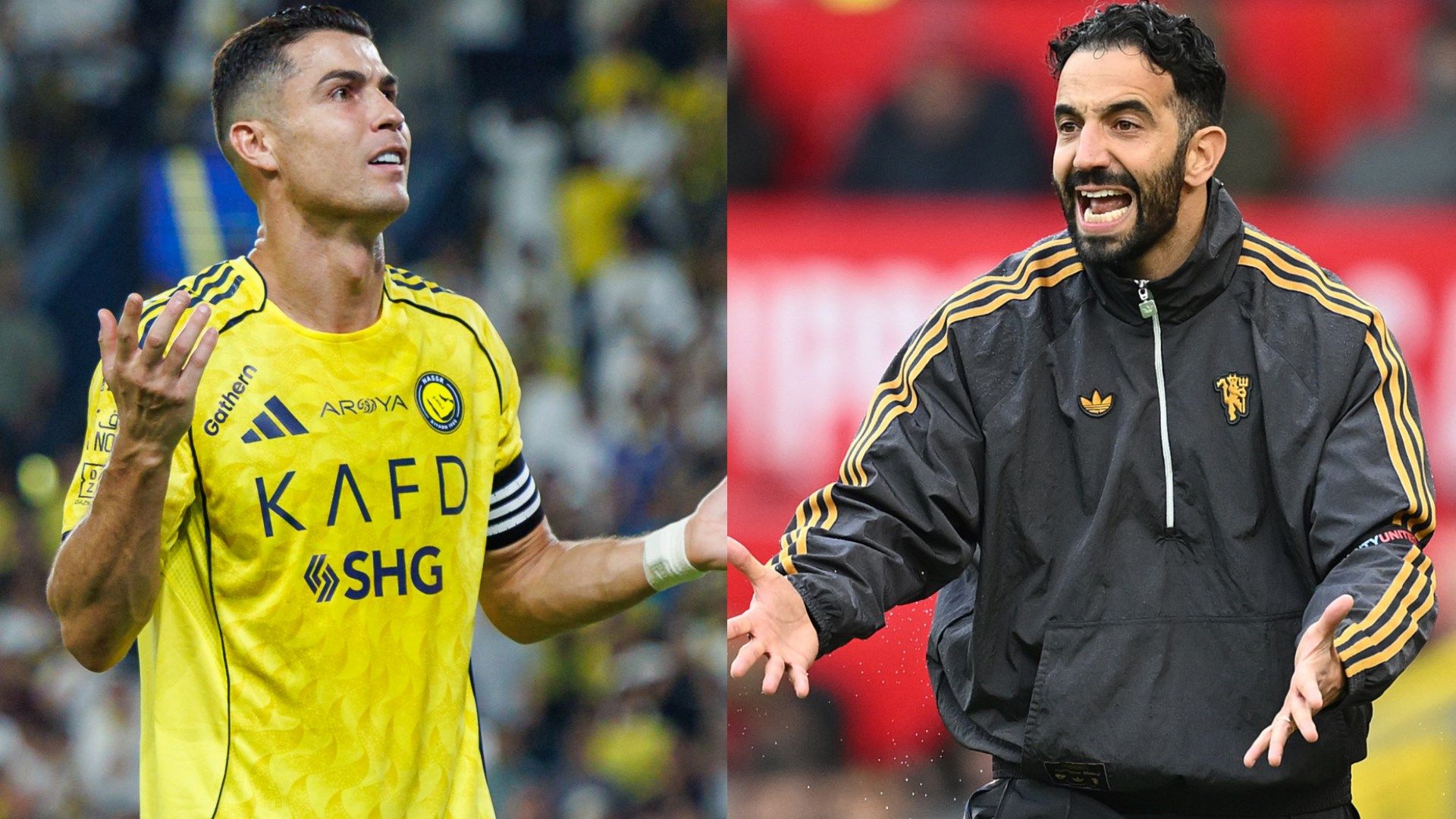
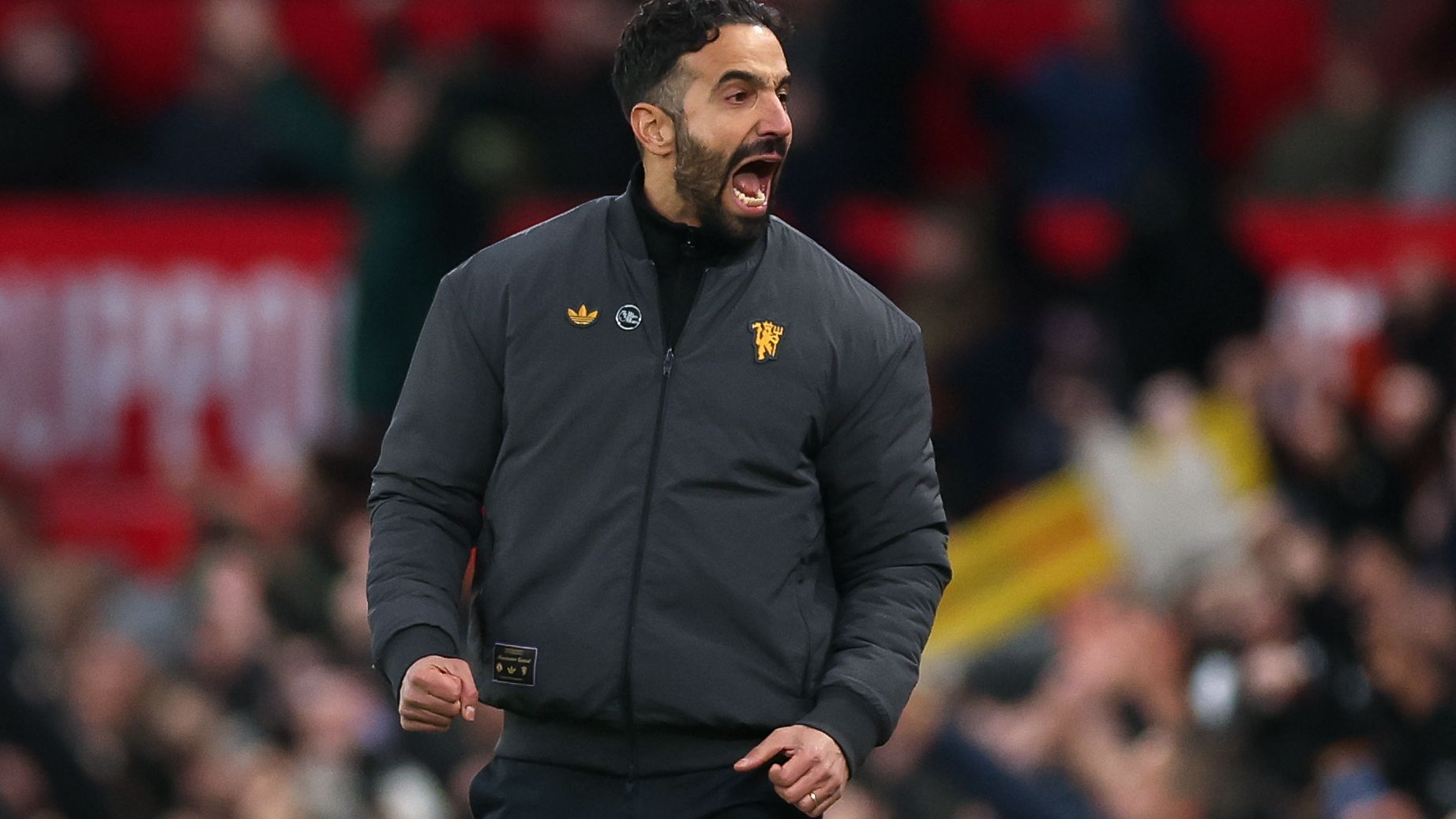
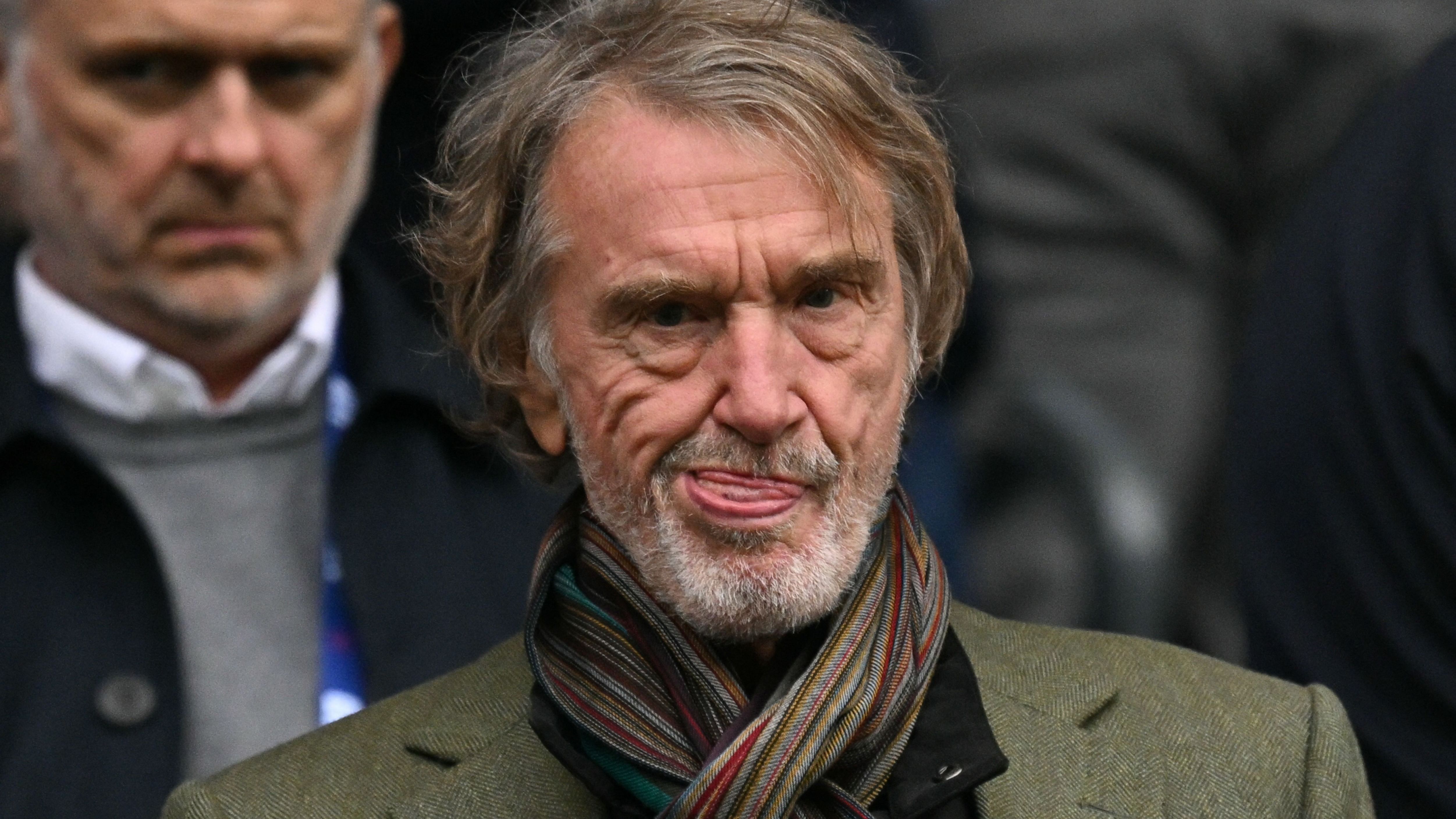
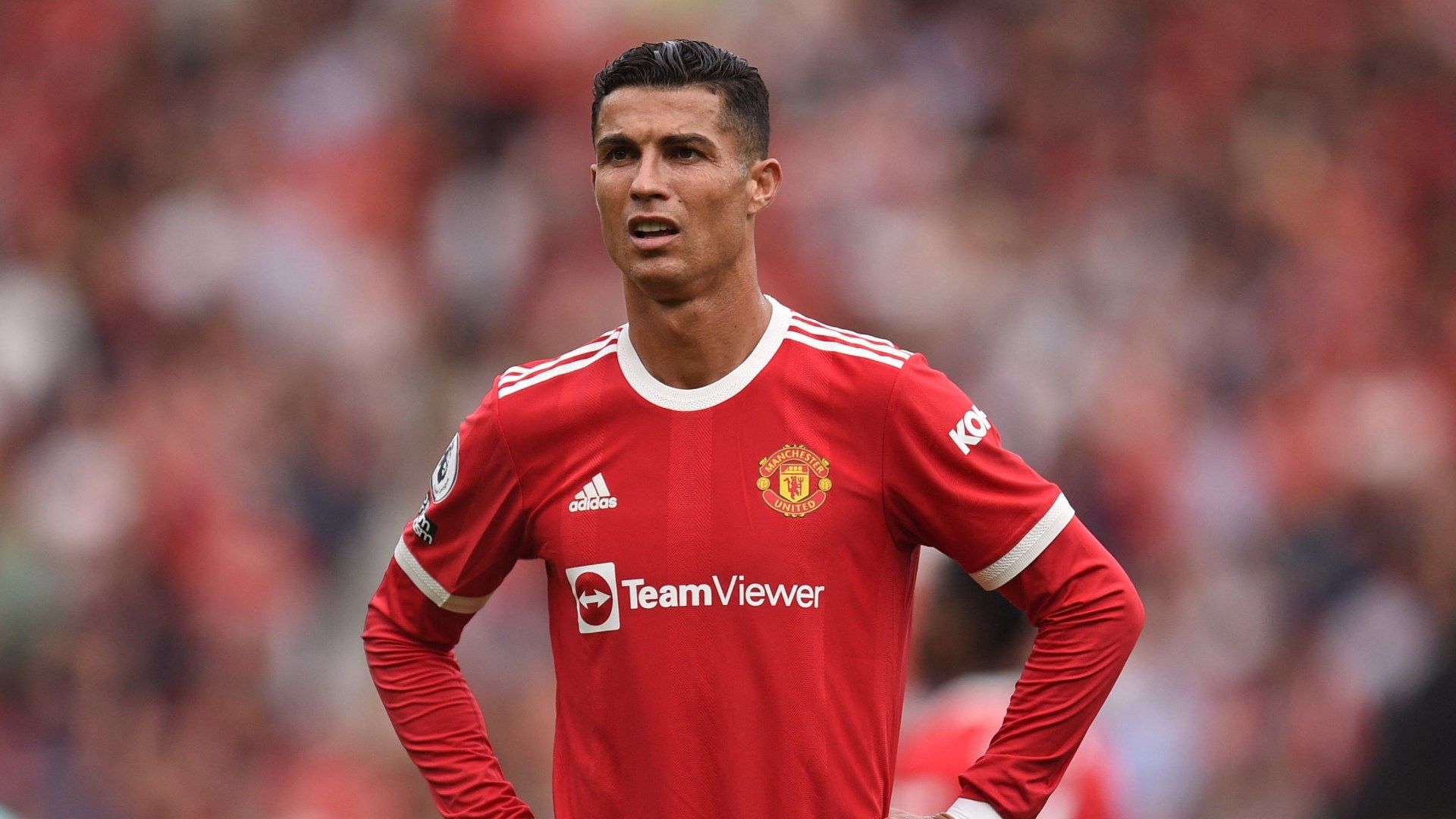
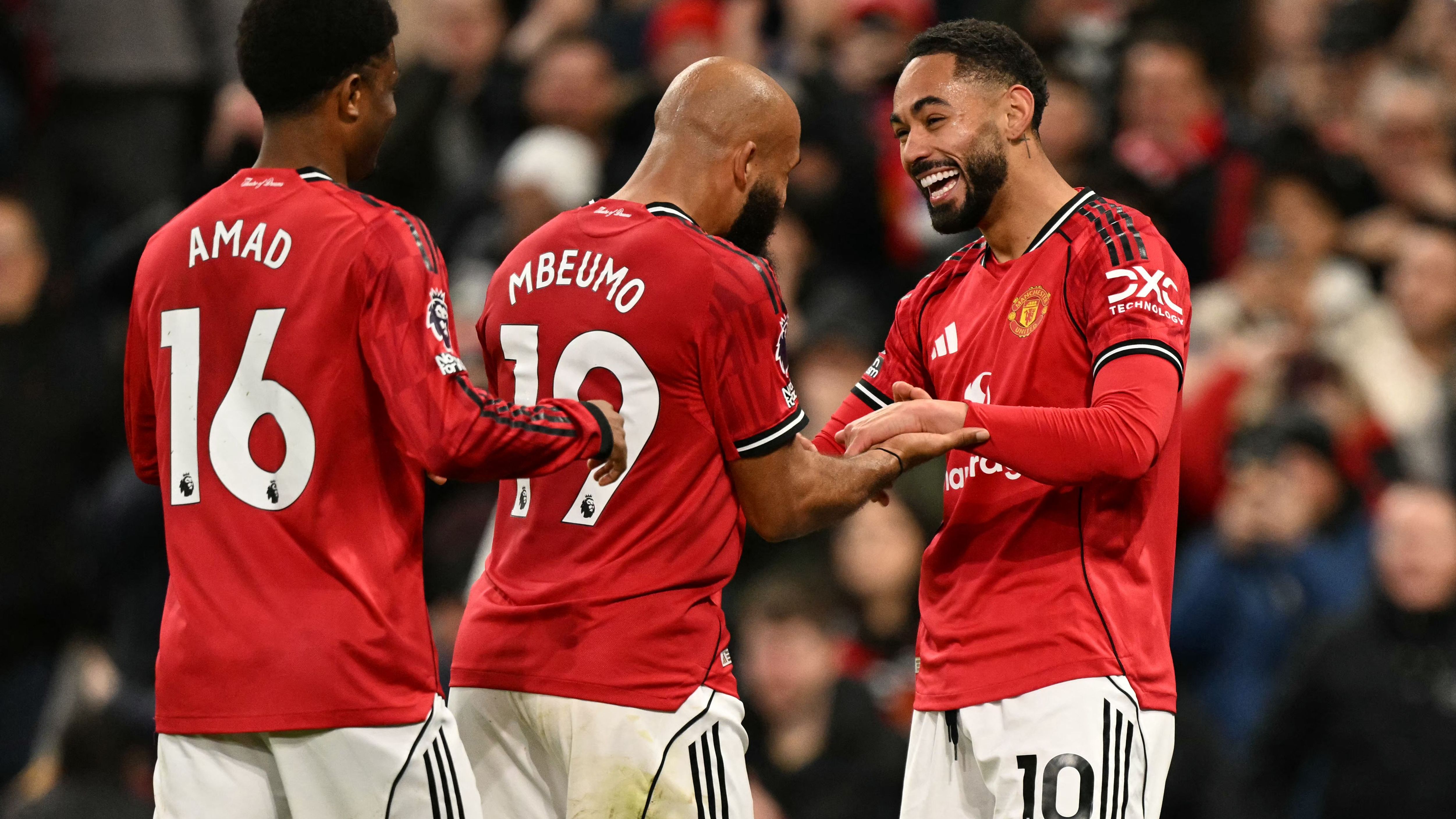
Why Cristiano Ronaldo Demands Overhaul at Manchester United
In a candid reflection of his enduring bond with one of football’s giants, Cristiano Ronaldo shares his deep concerns about Manchester United‘s current state, urging a fundamental shift to restore the club’s former glory. Drawing from his storied history with the team, Ronaldo highlights the pressing need for strategic reforms to match the club’s immense potential and historical significance.
Ronaldo’s Emotional Take on Manchester United’s Challenges
Expressing genuine disappointment, Ronaldo opens up about his affection for the club, viewing it as a cornerstone of global football. During his discussion on his YouTube channel and Piers Morgan Uncensored on Talk TV, he stresses the importance of aligning with visionary leaders to build a solid foundation, much like the successful youth programs that produced legends such as Nicky Butt, Gary Neville, Roy Keane, and David Beckham. Currently, he argues, Manchester United lacks this essential framework, hindering its progress despite its legendary status.
The Manager’s Limitations and Player Mindset
Turning to Ruben Amorim‘s role, the star forward for Al-Nassr and Portugal acknowledges that the manager is giving his all, though he can’t single-handedly transform the team. Ronaldo draws on a Portuguese saying to illustrate that extraordinary feats are beyond reach, pointing out that while the squad boasts talented individuals, not all grasp the full essence of what Manchester United represents.
Assessing Manchester United’s Premier League Prospects
When discussing the team’s title aspirations this season, Ronaldo is straightforward, declaring that closing the gap on leaders like Arsenal is unrealistic given the substantial points deficit. This perspective underscores the broader issues plaguing the club under its current leadership.
Criticism of the Club’s Leadership and Direction
Ronaldo maintains that the organization’s executives, including figures like Sir Jim Ratcliffe and INEOS, have yet to implement the necessary changes to elevate Manchester United back to elite status, even as the Glazer family steps back from daily operations. He shares that his personal ties to the club, forged through winning major honors like the Champions League and multiple titles, make its struggles particularly painful. Emphasizing transparency, he insists that evolution must extend beyond just the coaching staff and roster to address deeper systemic flaws.
Historical Parallels and Evolving Critiques
These sentiments echo Ronaldo’s previous remarks from his 2022 interview with Piers Morgan, which precipitated the end of his second tenure at Manchester United. The ex-Real Madrid and Juventus striker had previously called out the younger squad members and accused former boss Erik ten Hag of disrespect, while lamenting the lack of advancement since Sir Alex Ferguson’s exit in 2013.
Comparisons with Other Clubs
In comparing Manchester United to powerhouses like Real Madrid and Juventus, Ronaldo notes the stagnation in areas such as training techniques, nutritional strategies, and recovery methods. He finds it astonishing that a club of this magnitude lags behind in adopting modern practices, expressing hope that it will soon climb back to the pinnacle of the sport. From his viewpoint, the period following Ferguson’s departure has seen little to no meaningful development.
Reactions and Future Implications
Ronaldo’s recent statements may not sit well with key figures like Ratcliffe, who has poured resources into cutting-edge facilities and high-profile signings, including a hefty £170 million investment for players like Benjamin Sesko, Matheus Cunha, and Bryan Mbeumo. Nevertheless, the team appears to be gaining momentum, securing 10 points from their last four league matches to enter the top eight. Ronaldo’s assessment of their title chances, however, accurately mirrors the eight-point divide from Arsenal.
Upcoming Matches and What’s Next
As Manchester United prepares for a crucial encounter against Tottenham, Ruben Amorim seeks to build on recent form, while Ronaldo gears up for his own league appearance with Al-Nassr versus Neom, keeping the spotlight on both his career and the club’s path forward.
Cristiano Ronaldo’s Critique of Manchester United’s Structure
The Context Behind Ronaldo’s Comments
In recent discussions within the football world, Cristiano Ronaldo has been vocal about his experiences at Manchester United, emphasizing the need for significant changes. Ronaldo, one of the greatest players in Premier League history, returned to Old Trafford in 2021 with high hopes of revitalizing the club. However, his tenure was marked by frustrations, leading him to highlight issues like a lack of structure in the team’s operations.
Ronaldo’s comments came during a high-profile interview, where he didn’t hold back on his views. For those following Premier League news, it’s clear that internal dynamics at Manchester United have been a hot topic, with fans and experts alike debating how to address longstanding problems. This push for changes underscores the broader challenges in modern football management, where even top-tier clubs struggle with organizational inefficiencies.
Key Elements of Ronaldo’s Criticism
Ronaldo specifically pointed out the absence of a solid structure at Manchester United, arguing that this has hindered the club’s ability to compete at the highest levels. In his statements, he stressed that without foundational improvements, no manager-regardless of their talent-can turn things around overnight.
- Identifying the Core Issues: At the heart of Ronaldo’s critique is the belief that Manchester United lacks a cohesive strategy in areas like player development, recruitment, and daily operations. For instance, he mentioned outdated facilities and a disconnect between the board and the squad, which he feels has led to inconsistent performances in the Premier League.
- Examples from Recent Seasons: During Ronaldo’s time at the club, Manchester United faced several disappointing results, including early exits from major competitions. This reinforced his point that a lack of structure affects everything from training routines to match-day preparations, making it hard for players to perform at their best.
- Comparisons to Successful Clubs: Ronaldo often draws parallels with teams like Manchester City or Liverpool, which have robust structures supporting their managers. He suggests that without similar setups, United will continue to lag behind in the race for Premier League titles.
Ruben Amorim’s Role and Limitations
Ruben Amorim, the newly appointed manager at Manchester United, has been thrust into the spotlight amid these criticisms. Known for his tactical prowess from his time at Sporting Lisbon, Amorim is seen as a fresh face in English football. However, Ronaldo has been clear: even a manager as promising as Amorim can’t work miracles without underlying changes.
In football management circles, it’s widely discussed that Amorim’s success will depend on factors beyond his control. Here’s a breakdown of the challenges he faces:
- Structural Barriers to Success: According to Ronaldo, issues like poor communication between departments and inadequate youth development programs are holding the team back. For Amorim to implement his style of play, these foundational elements need addressing first.
- Expectations from Fans and Players: Premier League enthusiasts are eager to see how Amorim adapts, but Ronaldo warns that without structural reforms, high expectations could lead to frustration. This includes investing in better scouting systems and modernizing the club’s infrastructure.
- Real-World Implications for Amorim: Experts in sports analysis point out that managers like Amorim need time, but the lack of structure at United might accelerate pressure. Ronaldo’s comments highlight the risk of repeating past mistakes with previous managers, emphasizing the need for a more supportive environment.
Potential Reforms Suggested by Experts
Football analysts and former players have echoed Ronaldo’s calls, suggesting several reforms to address Manchester United’s issues. To boost Premier League competitiveness, the club could focus on these areas:
- Overhauling Recruitment Strategies: Implementing data-driven approaches to sign players who fit the team’s long-term vision, rather than reacting to immediate needs.
- Enhancing Club Infrastructure: Upgrading training facilities and investing in sports science to create a more professional environment, as seen in top European clubs.
- Fostering Better Leadership: Building a unified board that aligns with the manager’s goals, including clearer decision-making processes for transfers and tactics.
- Player Development Focus: Ronaldo has advocated for stronger youth academies, pointing to how this has helped clubs like Barcelona maintain success over decades.
These suggestions aren’t just theoretical; they’re based on successful models from other Premier League teams. For Manchester United fans, implementing such changes could mean a return to the glory days, with improved structures leading to more consistent wins and deeper tournament runs.
In the ever-evolving world of football, discussions like Ronaldo’s keep the conversation alive, encouraging clubs to adapt and innovate.
Why Structure Matters in Football Management
Delving deeper into football management trends, the lack of structure at clubs like Manchester United can have ripple effects. For example, it often leads to high turnover of managers and players, as seen in recent years with frequent changes at Old Trafford. Experts agree that establishing a clear hierarchy and long-term planning is essential for sustained success in the Premier League.
To illustrate, let’s break it down:
- Short-Term vs. Long-Term Impact: A lack of structure might yield quick fixes, like signing star players, but it rarely builds lasting teams. Ronaldo’s experiences highlight how this approach failed during his second stint.
- Role of Technology and Analytics: Modern Premier League clubs use advanced analytics for everything from injury prevention to opponent scouting. Without this, managers like Amorim are at a disadvantage.
- Fan Engagement and Morale: A structured club fosters better fan relations, with transparent communication helping maintain support during tough times.
Looking at Ronaldo’s Legacy and Future Insights
Ronaldo’s legacy in football, particularly his Premier League years, gives weight to his opinions. As a five-time Ballon d’Or winner, his insights into what makes a winning team are invaluable. While he claims Amorim can’t work miracles alone, this opens up discussions on collaborative efforts between players, managers, and ownership.
In related Premier League analyses, similar criticisms have surfaced for other clubs, but United’s scale makes it a focal point. By addressing these issues, the club could not only improve on-pitch results but also enhance its brand in the global football market.









